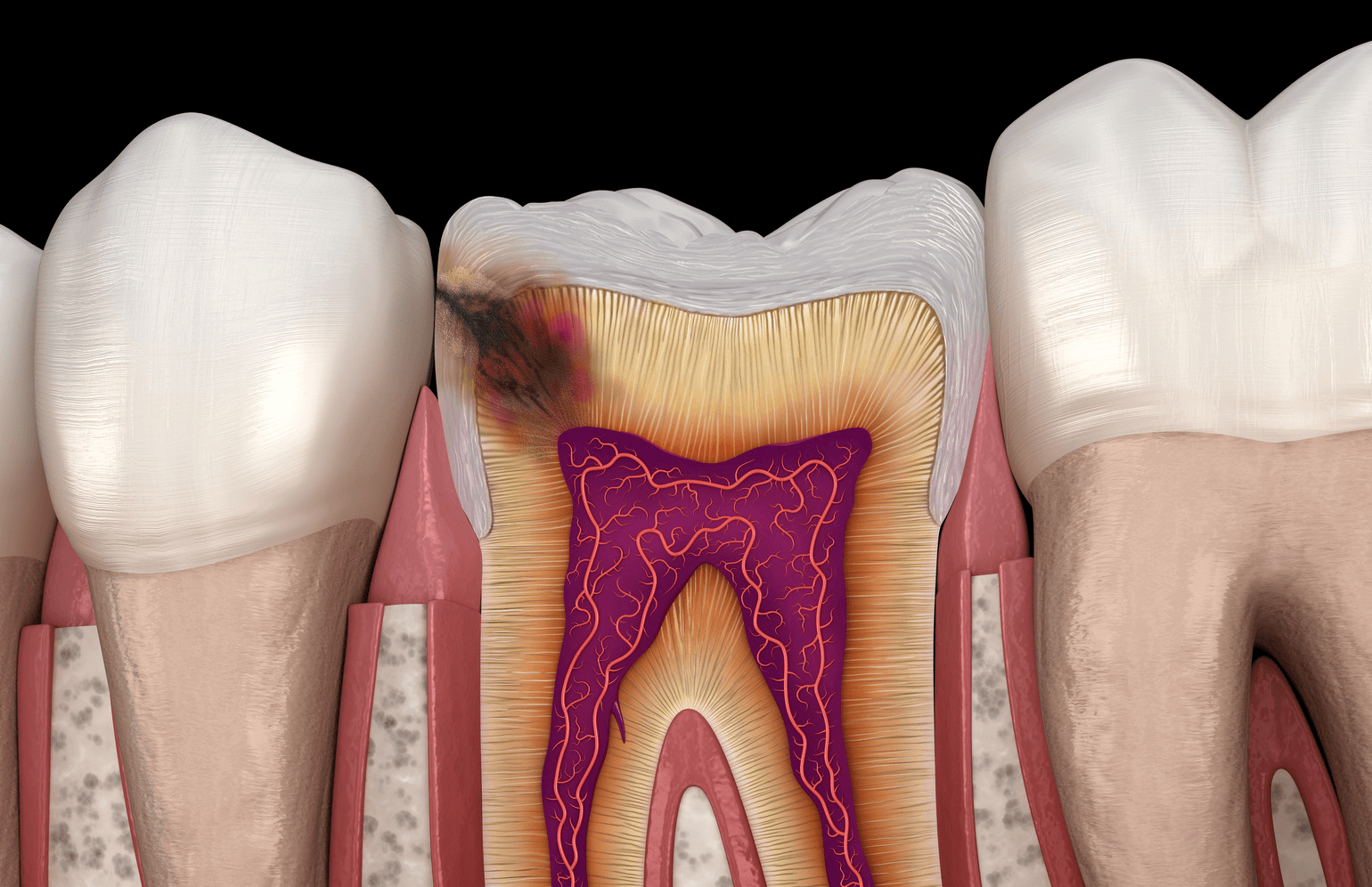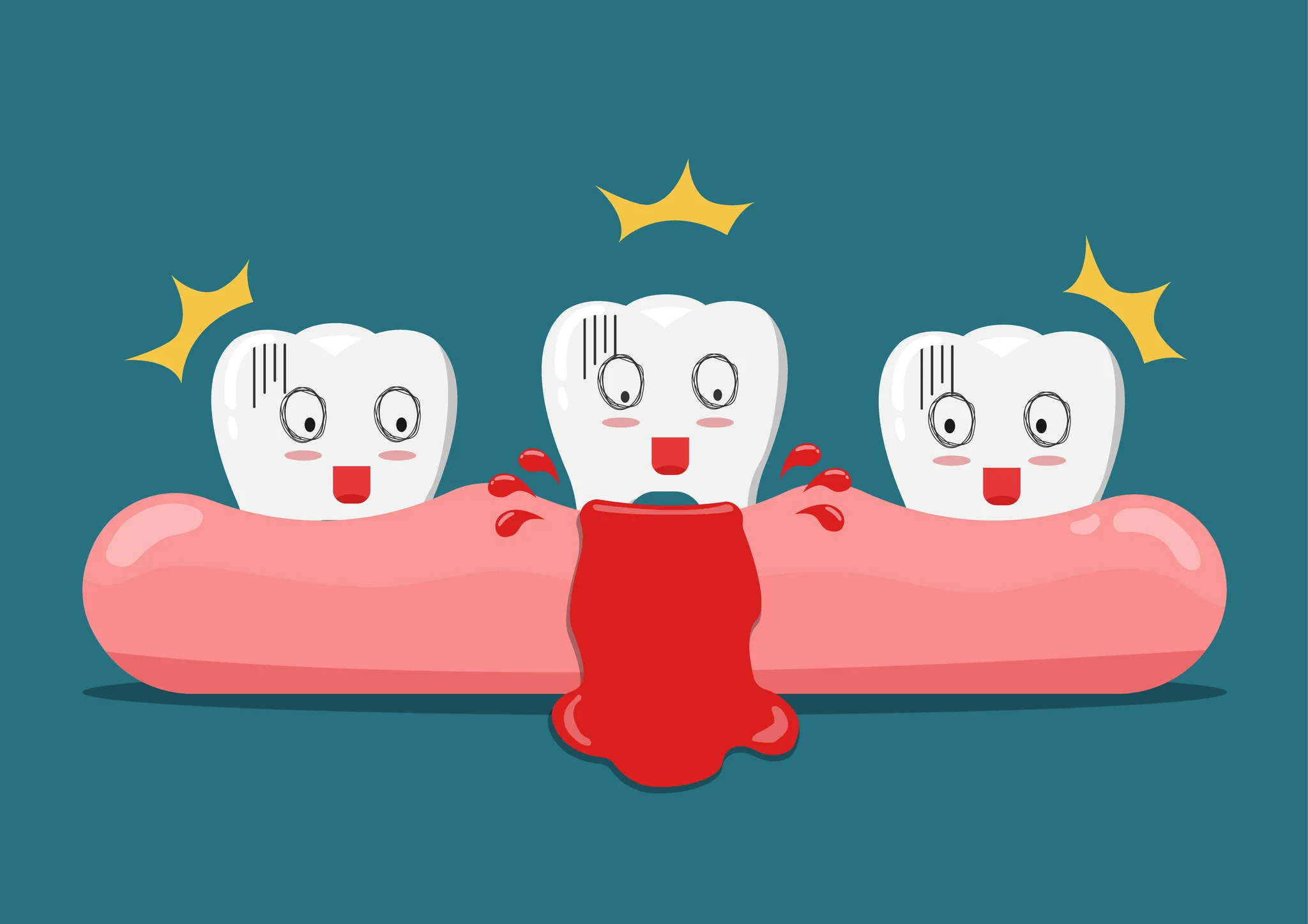That sudden, sharp "zing" of pain when you sip an iced coffee or enjoy a spoonful of ice cream is a sensation many Australians are familiar with. This is tooth sensitivity, and while it's a common complaint, it's also a clear signal from your body that something needs your attention. At Pullenvale Dental, our priority is your health and well-being, which is why we’ve created this detailed guide to help you understand tooth sensitivity, explore some at-home strategies for temporary relief, and recognise when it’s crucial to seek professional care.
This article provides general information and discusses commonly known home remedies for educational purposes only. It is not a substitute for professional medical or dental advice. The strategies mentioned are for managing temporary discomfort and do not treat or cure the underlying cause of tooth sensitivity. Always consult with a qualified health professional at Pullenvale Dental for an accurate diagnosis and appropriate treatment plan.
Why Are My Teeth Sensitive? A Look at the Science
To understand sensitivity, imagine your tooth has three layers. The hard, white outer layer is the enamel, which acts as a protective shield. Beneath it is a softer, more porous layer called dentin. This dentin is filled with thousands of microscopic tunnels that lead directly to the tooth's nerve centre, the pulp. When the enamel wears down or the gums recede, this sensitive dentin layer becomes exposed. Everyday triggers—like cold, hot, sweet, or acidic substances—can then travel through these tiny tunnels and stimulate the nerve, resulting in that all-too-familiar jolt of pain.
For a deeper dive into the clinical term for this condition, you can read more on Wikipedia about Dentin Hypersensitivity.

Common Causes of Exposed Dentin
- Enamel Erosion: Often a result of frequent exposure to acidic foods and drinks (like soft drinks, sports drinks, and citrus) or from brushing too forcefully.
- Gum Recession: When gums pull away from the teeth, they leave the root surfaces exposed. These surfaces aren't covered by protective enamel. Receding gums can be a sign of gum disease, so if you've noticed any bleeding or puffiness in your gums, it’s a good reason to book a check-up.
- Teeth Grinding (Bruxism): Many people unknowingly clench or grind their teeth, particularly at night. This habit can gradually wear down enamel. It might also be the source of unexplained aching pain in your jaw and teeth.
- A Cracked or Chipped Tooth: Even a small crack can be deep enough to allow sensations to reach the nerve.
- Tooth Decay or Worn Fillings: Cavities create openings into the deeper layers of the tooth. It is critical to understand why you must not ignore an infected tooth, as sensitivity can be an early warning sign.
- Recent Dental Procedures: It is normal to experience some temporary sensitivity after professional cleaning, a filling, or teeth whitening. This usually subsides on its own.
Collected At-Home Strategies for Managing Tooth Sensitivity
The following are commonly discussed remedies for managing sensitivity symptoms at home. It is important to view these as temporary, comfort-managing measures, not as treatments or cures. They do not fix the underlying cause. Always consult your dentist before trying new remedies, as some may not be suitable for your specific situation.
Your Checklist: When to Stop Home Remedies and See a Dentist
How do you know when tooth sensitivity is more than just a minor annoyance? Use this interactive checklist to assess your symptoms. If you tick one or more of these boxes, it’s a strong sign that you should stop relying on home remedies and book an appointment at Pullenvale Dental for a professional diagnosis.
Book a Dental Check-Up if You're Experiencing:
These can be signs of more serious issues like an abscess or advanced decay. It is important to know why dentists may need to manage an infection before proceeding with other treatments. Ignoring such symptoms can lead to more complex problems, potentially requiring treatments whose costs, like those for dental implants, are more significant than early intervention.

Your Next Step Towards Lasting Comfort
While the home remedies collected here may offer temporary relief, a professional diagnosis is the only way to address the root cause of your tooth sensitivity. At Pullenvale Dental, our caring team is committed to finding a lasting solution for your comfort and oral health - book your consultation today!


















